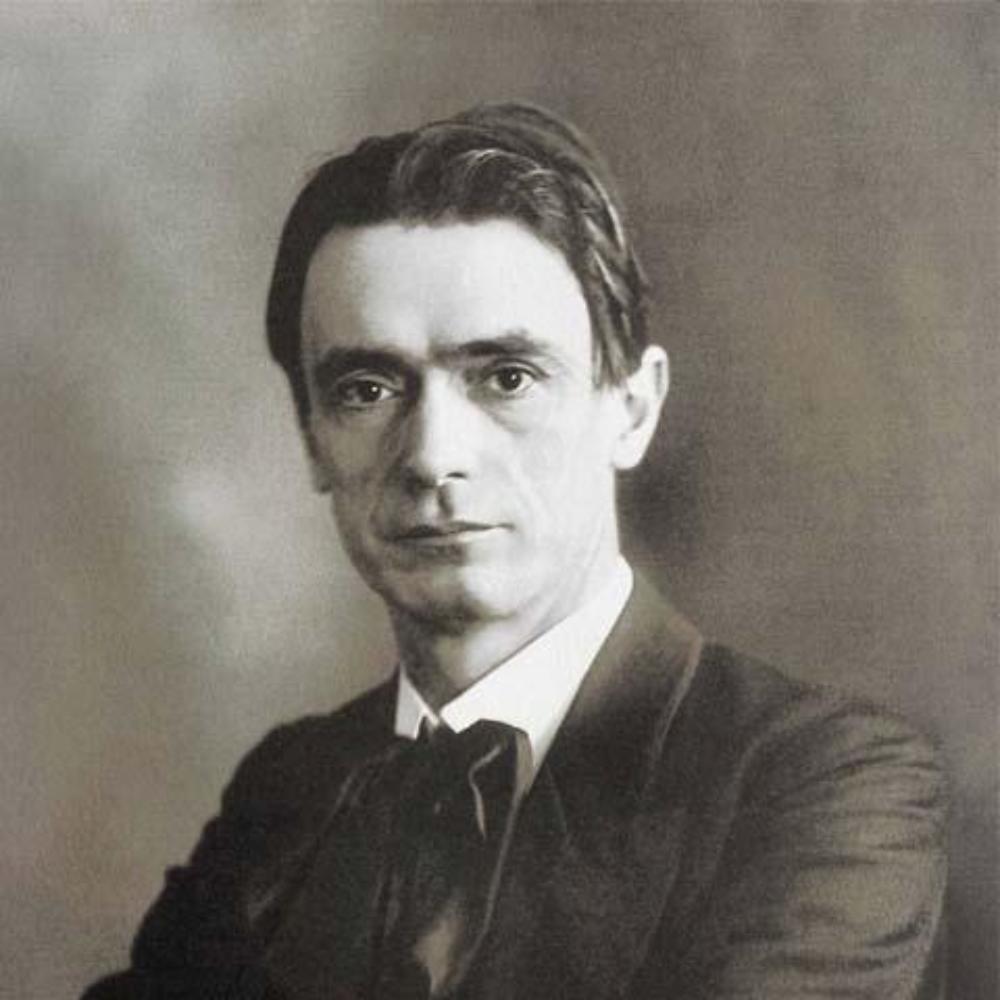Rudolf Steiner’s Esoteric Insights on the Miracles of Jesus
Introduction
Rudolf Steiner, an Austrian philosopher, social reformer, and founder of Anthroposophy, offered a unique perspective on the miracles of Jesus Christ. His interpretations of the miracles go beyond their literal meaning, delving into the spiritual and symbolic significance of these events. Steiner’s views on Jesus’ miracles can be found in various lectures and writings, including “The Gospel of St. John” and “The Fifth Gospel.” This article explores Steiner’s insights on the miracles of Jesus and includes relevant quotes from his works to elucidate his perspective.
The Transformative Power of Christ
At the core of Steiner’s understanding of Jesus’ miracles is the belief in Christ as a cosmic being who incarnated on Earth to bring about a new impulse of love and spiritual development for humanity. He saw the miracles as demonstrations of Jesus’ divine power, as well as revelations of spiritual truths meant to inspire inner transformation.
For instance, Steiner described the turning of water into wine at the wedding in Cana as a symbol of spiritual transformation:
“It is an indication of the transforming, spiritualizing force Christ wished to bring to mankind.” (The Gospel of St. John)
Healing Miracles and the Connection Between Body and Spirit
Steiner emphasized the significance of the connection between the physical body and the spiritual being in Jesus’ healing miracles. He believed that the healings were not just about restoring physical health but also about healing the individual’s soul and spirit, enabling them to overcome spiritual obstacles and further their development.
In a lecture on the healing of the paralytic, Steiner stated:
“When the Christ Impulse takes hold of a person’s soul, it works a cure not only of the soul but also of the body.” (The Gospel of St. John)
The Raising of Lazarus: Spiritual Resurrection
In discussing the miracle of raising Lazarus from the dead, Steiner saw this event as a symbol of spiritual resurrection, emphasizing the power of Christ to awaken the soul from spiritual death.
“The Christ Impulse gives man the power to raise himself from the death of his lower nature, to awaken to a new spiritual life.” (The Gospel of St. John)
Walking on Water: Mastering the Material World
Steiner interpreted Jesus walking on water as a demonstration of his mastery over the material world and his ability to transcend physical limitations. He believed this miracle signified the power of faith and spiritual development in overcoming worldly constraints.
“In the water-walking, we have an indication that man can rise superior to the world of sense, that he can rise above it, when he has the Christ within him.” (The Gospel of St. John)
Feeding the Multitudes: Spiritual Nourishment
Steiner saw the miracles of feeding the 5,000 and the 4,000 as symbols of the spiritual nourishment that Jesus provided to humanity. He believed that the multiplication of loaves and fish represented the abundance of spiritual sustenance available through Christ.
“The feeding of the multitude is a symbol of the inner life. The higher life of the spirit is represented by the bread and the fish.” (The Gospel of St. John)
Conclusion
Rudolf Steiner’s esoteric insights into the miracles of Jesus Christ provide a unique perspective on these events, focusing on the spiritual and symbolic meaning behind the miracles. By exploring Steiner’s interpretations, we gain a deeper understanding of the miracles in the context of Christ’s mission to uplift humanity and encourage spiritual development. Steiner’s views serve as a reminder of the transformative power of Christ and the importance of spiritual growth in our lives.

